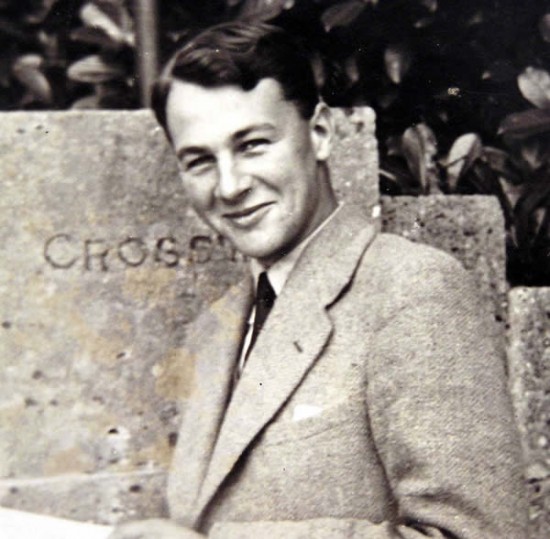John Stott, one of the greatest Christian leaders of the last century, has died this week aged 90. I’ve personally been impacted by his ministry and was saddened to hear of his death. Yet so encouraged by his faithful service and thankful that he is now with Jesus, which is better by far! Earlier this year I read his final book The Radical Disciple. Simple, precise, challenging. Throughout the book he actually spoke about it as his final book. He knew he didn’t have many years left in him, so deliberately wrote this as a farewell book.

We’re currently using Stott’s Basic Christianity as the part of the material in our Confirmation Classes at St Faith’s. It’s good stuff!
His book The Cross of Christ has probably had the most profound impact around the world in enabling Christians to see the multi-faceted jewel that is the Death of Jesus.
I’ve enjoyed reading some obituaries and tributes this week on the life and ministry of Stott.
Here’s a few:
- From All Souls Langham Place (his home church)
- From Sydney’s Archbishop Peter Jensen
- Mark Thompson for the Anglican Church League
- Mark Thompson on his own blog
- Justin Taylor from The Gospel Coalition
- Justin Taylor on Stott’s magnum opus
- Christianity Today
- New York Times
- The Telegraph (UK)
Michael Jensen Facebooked this not long after his death, “Please, you evangelicals out there: don’t say ‘RIP’ for John Stott. It’s a prayer for the dead!” I’ve been uneasy with RIP before, but didn’t know it was a prayer for the dead. Another fella in the comments that followed Jensen’s status quoted Stott (2 Timothy commentary). Check this:
“One of the most searching tests to apply to any religion concerns its attitude to death. And measured by this test much so-called Christianity is found wanting in its black clothes, its mournful chants and its requiem masses. Of course dying can be very unpleasant, and bereavement can bring bitter sorrow. But death itself has been overthrown, and ‘blessed are the dead who die in the Lord’ (Rev. 14:13). The proper epitaph to write for a Christian believer is not a dismal and uncertain petition, ‘R.I.P.’ (requiescat in pace, ‘may he rest in peace’), but a joyful and certain affirmation ‘C.A.D.’ (‘Christ abolished death’)”
Brilliant. John Stott 1921-2011 C.A.D.


